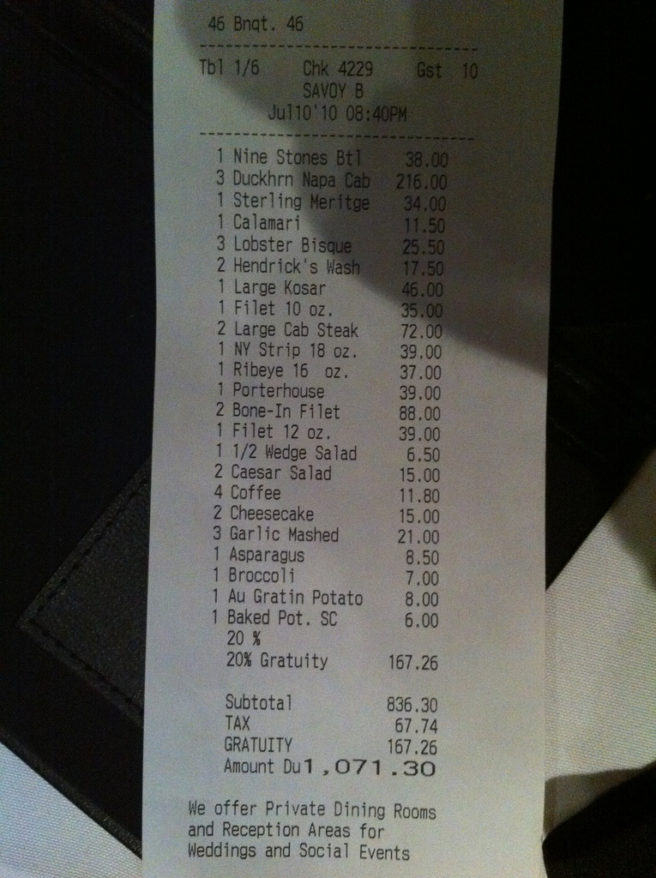29 Phrasal Verbs for Talking About Money
A good way to learn phrasal verbs is by grouping them in ways that make sense. You can group them by tendencies in meaning (see these phrasal verbs with up, and these phrasal verbs with on), or you can group them by topic.
Here are 29 phrasal verbs we use to talk about money, along with conversation questions to help you practice using the phrasal verbs.
Also try this practice activity, which requires you to use the phrasal verbs from this article.
Interested in learning idioms? If so, check out the idioms and phrasal verb section of the site.
Saving money
If you save up for something, you save money for something specific in the future.
“It took us three years to save up enough money for a down payment on a house.”
“We’re saving up for a new car, so now isn’t the best time to go on vacation.”
If you set aside (or put aside) money, you designate that money for something specific in the future.
“I think we should set this money aside for home repairs.”
“You should always put aside some money for emergencies.”
If you dip into your savings, you have to use your savings for something unexpected.
“Gerald is getting a second job. He says he’s tired of having to dip into his savings every month.”
“Dipping into your savings is always better than taking on credit card debt. The interest rates are really high.”

Shopping and making purchases
If you shop around, you visit many stores to compare price, quality, etc. before making a decision.
“You should definitely shop around before buying a used car. You might find a similar car for much less money.”
“For small purchases, I don’t shop around. If it’s a reasonable price, I buy it.”
If you buy something up, you buy as much as you possibly can, or you buy the entire supply of something.
“When home values went down, people started buying up houses in this neighborhood.”
“Investors bought up all the shares in a matter of hours.”
If you stock up on something, you buy large quantities for the future.
“Before a hurricane, people stock up on water and canned goods.”
“We should stock up on paper towels. They’re on sale right now.”
If you save (money) on something, you spend less than you normally would.
“Clipping coupons is a great way to save on food costs.”
“Do you really think we’ll save money on Christmas gifts if we go shopping on Black Friday?”
If you run up a bill, you suddenly increase what you owe.
“We took out twelve clients and ran up a $2,000 bill in about an hour.”
“The cruise is cheap, but the alcohol they sell is expensive. We ran up a $500 bill in a few days.”
If you cut back on something, you reduce something, usually expenses.
“No one is getting overtime this month. The company is cutting back on costs.”
“We’re saving money by cutting back on unnecessary expenses.”
If you splash out, it means you spend money extravagantly. This is a British English expression and isn’t used in American English.
“For our anniversary, my wife and I normally splash out on a nice dinner.”
“Marty stayed at a five-star hotel. He says he never splashes out and felt like he deserved it.”

Making reluctant payments
If you pay up, you give someone the money you owe them, usually reluctantly.
“You lost the bet. It’s time to pay up.”
“The person who bid on this painting never paid up. They are going to auction it off again.”
If you fork out money, you reluctantly pay for something.
“The concert tickets were free, but we had to fork out $50 for parking.”
“Karen says she has to fork out a few hundred dollars to fix her air conditioner.”
If you fork something over (or fork something up), you reluctantly give something to someone (usually money).
“You’ll have to fork over about $250 if you get a speeding ticket.”
“Carefully read the terms and conditions of your cell phone contract. You don’t want to sign something that says you have to fork over hundreds of dollars if you break the contract.”
If you shell out money, you unfairly pay a large sum of money. We often use this phrasal verb with a specific amount, e.g. $250, $200,000, etc.
“I’m not sure if I want to shell out $20,000 on a master’s degree right now.”
“Taxpayers are going to have to shell out billions to pay for this program.”
If you cough up money, you reluctantly relinquish your money or make a payment.
“I can’t believe I have to cough up $900 per month for health care.”
“There’s no way he’ll donate to your charity. I bet he won’t cough up the money.”

Loans
If you take out a loan or mortgage, you formally agree to finance something (a new car, a house, your college education, etc.). Note that we use this phrasal verb in several different ways.
“Before taking out a mortgage, make sure you completely understand all the terms and conditions.”
“Do you think I should pay cash for this car or take out a loan?”
If you pay off a loan, you pay the complete amount that you owe. We also use this phrasal verb to talk about bribes (see below).
“Let’s celebrate. I finally paid off all my college loans.”
“Cindy uses her credit card for almost everything, but she pays it off every month.”
If you pay someone back, you pay the money that you owe.
“They only accepted cash at the farmer’s market, so Carl lent me some money. I’m going to pay him back tomorrow.”
“Have any of your friends borrowed money from you and not paid you back?”

Corruption and exploitation
If you buy someone off, you get rid of a problem by paying someone.
“The senator bought off the reporters who were investigating his illegal fundraising campaign.”
“Wasn’t that company caught buying off government officials?”
If you pay someone off, you give them money so that a problem goes away. We also use this phrasal verb to talk about completely paying back the money you owe on a loan (see above).
“It’s a corrupt country to do business in. If you want to enter the market, you’ll have to pay some people off.”
“I think members of the media are often paid off to not publish certain stories.”
If you rip someone off, you charge someone an unfair price or take advantage of someone in a financial transaction. We often use rip-off as a noun to talk about something more expensive than it should be.
“I thought this was an antique vase, but it turns out it’s new. I got ripped off.”
“Some jewelry stores try to rip people off. They charge top dollar for rings with low-grade diamonds.”

Other
If you are raking it in, you are acquiring a lot of something (usually money). We often use this phrasal verb in the progressive tenses.
“In 2006, US mortgage brokers were raking it in. Anyone could get approved for a mortgage.”
“You’d think the inventor of fidget spinners would be raking it in right now, but she actually never made any money off the idea.”
If you bail someone out, you save someone by helping them financially.
“The US government bailed out General Motors and Chrysler in 2009.”
“Danny’s gambling debt got out of control. Luckily, his father bailed him out and paid the people he owed.”
If you are just getting by (or scraping by), it means that you are barely making enough money to pay your expenses.
“We can’t afford a second car. We’re just getting by as it is.”
“Times are tough. I’m working two jobs just to get by.”
If a company goes under, it goes bankrupt.
“Blockbuster couldn’t compete with Netflix and other streaming services. They finally went under in 2013.”
“With the rise of the internet, newspapers were forced to go digital or go under.”
If you cash in on something, you profit from something or use it to your advantage.
“Celebrities often have family members who try to cash in on their fame.”
“Craft beer is really popular right now, and many people are trying to cash in on this trend.”
Practice
To practice the idioms about family, answer the following questions.
Also try this practice exercise.
1. Is it hard for you to save up for big purchases? Are you saving up for anything right now?
2. Have you ever been ripped off? What happened?
3. What type of companies are going under right now?
4. Do you use credit cards? Do you always try to pay off your balance at the end of the month?
5. What loans have you taken out in your life? How long did it take (or is it going to take) to pay back these loans?
6. Are there any trends that people are trying to cash in on right now?
7. Have you had to fork over money for something recently? Why weren’t you happy about paying?
8. What expenses are you trying to cut back on right now?
9. Do you normally shop around before making purchases? For what things do you normally shop around?
10. What type of things do you stock up on? Why?
For more idiomatic expressions, see these articles on idioms and phrasal verbs.







